
Your Emergency Surgery May Rely on Which Surgeon Is On Call
Clinical Reasoning May Lead Two Surgeons to Prescribe Different Treatments to Similar Patients
Population Health
News
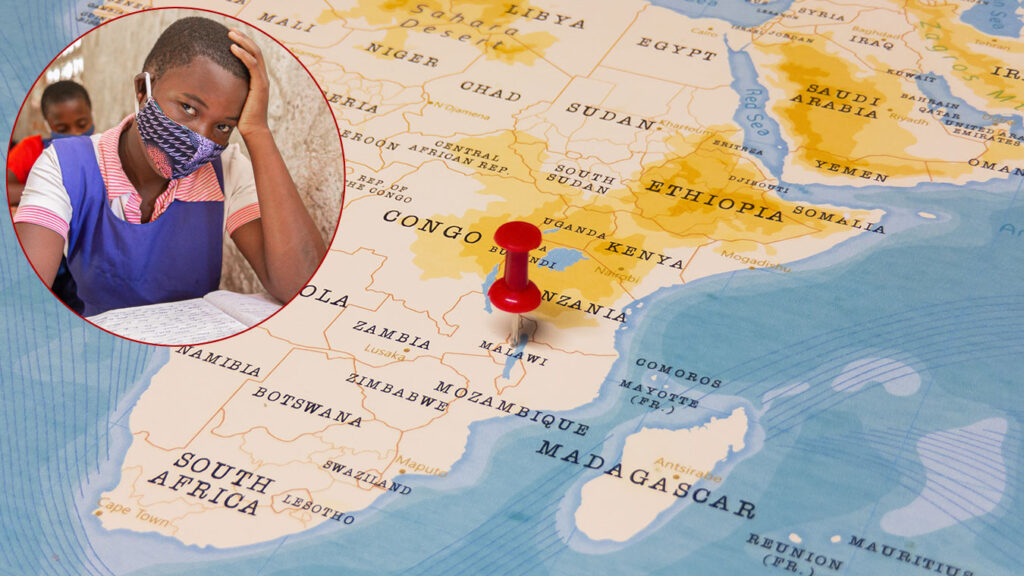
In the opening stages of the COVID-19 pandemic, it was widely predicted that sub-Saharan African populations would be the hardest hit by the virus. Among the reasons for this thinking were limited medical infrastructure, underdeveloped communications networks, low literacy rates, overcrowded living conditions, high prevalence of other infectious diseases, and economies largely based on manual labor of the sort that precluded easy social distancing.
But as the first wave of the pandemic peaked in 2020, news stories and scientific journals were heralding a surprising story about the apparent low rates of COVID-19 transmission and mortality in Africa. For instance, a Malawi–Liverpool Wellcome Trust Clinical Research Programme study found the COVID-19 death rate in Malawi’s second-largest city to be eight times lower than expected. An August 2020 headline in Science magazine read “The Pandemic Appears to Have Spared Africa so far. Scientists are Struggling to Explain Why.”

One of the teams of researchers working on that question was headed by the University of Pennsylvania’s Iliana and Hans-Peter Kohler. Iliana V. Kohler, PhD, is a Penn LDI Senior Fellow and Associate Director of the Penn Population Studies Center (PSC), and a Research Assistant Professor at the School of Arts and Sciences. Hans-Peter Kohler, PhD, is a Penn LDI Senior Fellow, Professor of Demography at the School of Arts and Sciences, and Co-Director of the Penn Population Aging Research Center (PARC).

The team’s paper — Curtailing COVID-19 on a Dollar-a-Day in Malawi: Role of Community Leadership for Shaping Public Health and Economic Responses to the Pandemic — was just recently published online for the March 2022 issue of the World Development journal. The title’s “dollar-a-day” references the fact that half the impoverished country’s population lives on less than a dollar-a-day.”
But, like so many other scientific research endeavors suddenly slammed against COVID disruptions, the story of the project that produced the paper is neither simple nor straightforward.
For more than two decades, the husband-and-wife team have run the Malawi Longitudinal Study of Families and Health (MLSFH) and its Mature Adults Cohort (MLSFH-MAC). Every two or three years, they lead research field teams in longitudinal in-person health and wellness surveys of more than 4,000 individuals throughout the 520 mile-long country of Malawi. They were scheduled to start their latest study in early 2020, but pandemic travel restrictions and related issues on both sides of the ocean made that impossible. As an alternative, the MLSFH team reorganized the project into a phone survey focused on their respondents’ knowledge and daily experience with COVID-19 in Malawi. That was no easy task in a country of rural villages where all household members often share a single phone and, sometimes, even multiple households share a single phone.
It was also a challenge because the team had never conducted a phone survey in Malawi and had to create the logistical plan from scratch on an extreme deadline. And it wasn’t at all clear what their survey might find, given that various international health authorities had sounded both dire predictions and optimistic speculations about how severe the first wave of COVID-19 would be in sub-Saharan countries.
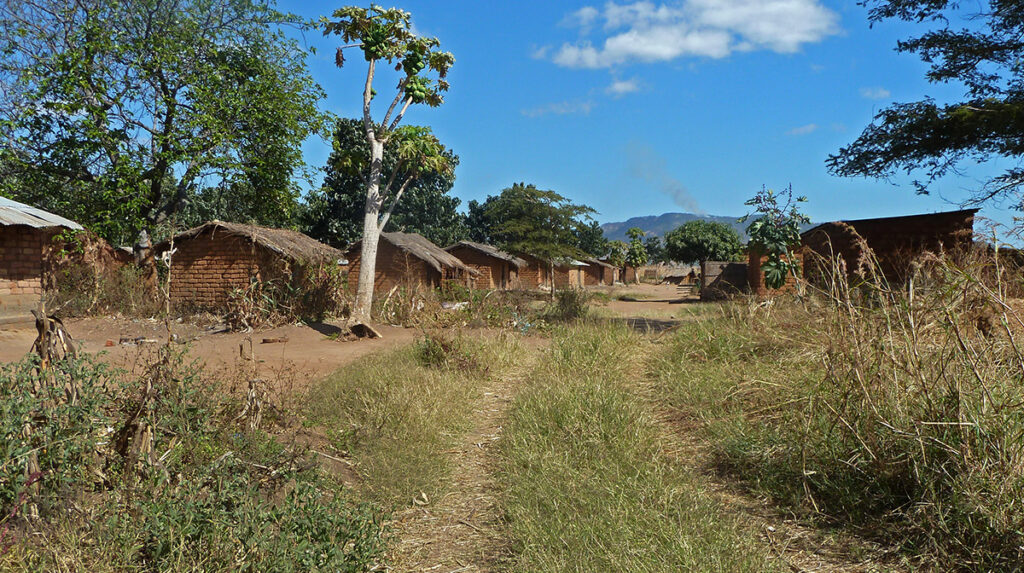
“In the early stages of 2020,” said Iliana Kohler, “when the first reports about the infections and deaths came out of Italy and Spain, and New York, everyone was scared there was going to be a huge disaster in Africa. The African Union was very quick to respond and started meetings and planning about what to do long before there were any actual African COVID cases. It was different from the U.S., where the Trump administration didn’t really respond until after cases were skyrocketing.”
In Malawi, the government established its own COVID task force and public safety campaign in February. Then, after the first Malawi COVID case was detected in early April, the government announced plans for a strict national lockdown to start two weeks later. That suddenly presented another potential roadblock for the phone survey project.
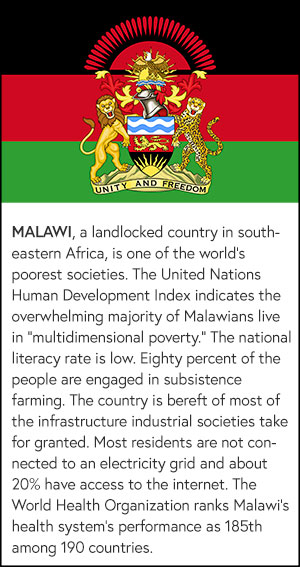
“We had to move very quickly,” said Iliana Kohler. “We assembled and trained phone survey teams in Malawi as fast as possible with the idea that we had to train them, provide them with equipment for the survey, and get them back to their homes across the country before the lockdown started.”
Shortly after that had been accomplished, the government rescinded its lockdown order for fear it would cause a national nutritional catastrophe, but its national public safety campaigns continued. The strategies and methodology of the campaigns mirrored those the government had devised when the HIV/AIDS epidemic first began spreading when there was no treatment or cure. Included in the new campaign were COVID-themed printed pamphlets, billboards, radio, text messaging, public health educational meetings, loudspeaker vans, and drama groups that performed short, entertaining plays with storylines around COVID facts and prevention measures.
During June, July, and August when the MLSFH phone survey reached 2,262 residents, village heads, and health care workers, Malawi’s national politics were in turmoil. The 2019 Presidential election had been nullified by the Supreme Court for “massive electoral irregularities.” A new election was held in late June, and a new President was seated in July.
“The interesting thing,” said Iliana Kohler, “was that despite all the political controversy, the government’s public health campaign and measures remained remarkably consistent between the two administrations. The new incoming administration went on to retain and then intensify all the COVID measures and roll them out further into the more remote, rural areas.”
The phone survey found that almost all respondents were aware of the COVID-19 transmission pathways and protective measures such as social distancing, masks, and hand washing. Seventy-two percent of them said they were staying in their homes to avoid infection. Ninety-one percent were avoiding close contact with people when they did go outside their homes.
The survey’s essential findings were that widespread trust in national government and, particularly, in local village heads, played a major role in shaping the population’s attitudes and behavior related to COVID-19 safety measures. Researchers found that the respondents’ response to COVID was also influenced by their previous struggles against epidemics of HIV/AIDS, tuberculosis, malaria, and neglected tropical diseases. In this latest case, there was quick, widespread consensus that the newly emerged COVID-19 posed a mortal threat.
“As the experience of the United States — another country with a competitive election in 2020 — has shown,” the team wrote in their paper, “the presence of distrust and lack of support for COVID-19 prevention measures shared by significant fractions of the population can be an impediment to an effective pandemic response. Trust is related to cultural values, norms, and beliefs that in Malawi are represented by the authority of the village heads.”
Village heads are figures of high esteem in the daily life and operation of Malawi villages. As members of ruling families who acquire their position through inheritance, they receive a small stipend from the central government and are empowered to enforce compliance with public health measures and sanction dissenting behavior.
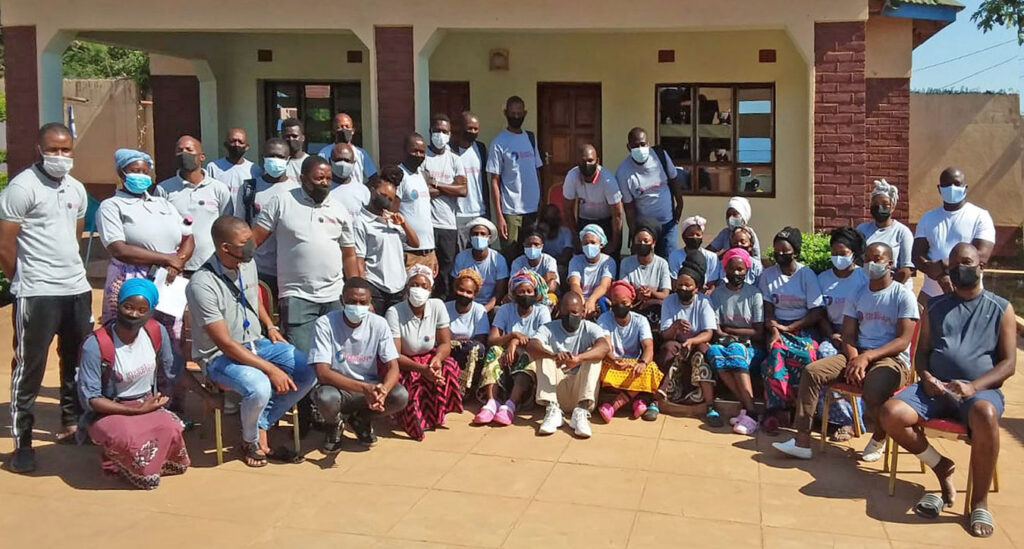
As the pandemic descended on the country, village heads provided their residents with education about the symptoms of COVID-19 and instructions on the required preventive measures, and cancelled group events like village meetings, public works projects, and playgrounds. Some also created funds and redistributed foods, money, and medical supplies to their most vulnerable residents.
The key study finding was the importance of how this local community leadership shaped their residents’ attitudes and behaviors about COVID-19 preventive measures.
A second finding was the crucial role village heads played in generating a spirit of trust beyond the village in national institutions and the health system that led directly to achieving compliance with governmental orders and public health preventive measures. Both are important insights for sub-Saharan countries that need to depend more on preventive measures than vaccines and medicines that tend to always be in short supply.
“Our findings emphasize the importance of local community leadership for shaping behavioral and economic responses to the pandemic in low-income settings such as Malawi,” the team’s paper said. “While the government and health care system are entrusted with defining and prioritizing public health policies during COVID-19, local traditional institutions like village heads are indispensable for reinforcing their effective implementation.”
And what can the U.S. learn from this?
“I think it can learn that the science-grounded involvement of trusted community leaders and other stakeholders is a crucially important element for the success of any response to national health emergencies,” Iliana Kohler said. “I don’t know whether U.S. leaders and media understand the importance of trust. However, in our polarized world, understanding how trust is built, and how trust facilitates or hinders policy responses and compliance with health policies, is an important question for future research.”


Clinical Reasoning May Lead Two Surgeons to Prescribe Different Treatments to Similar Patients

Evidence From More Than 600 Studies Reveals When Financial Incentives Move the Needle—And When They Don’t
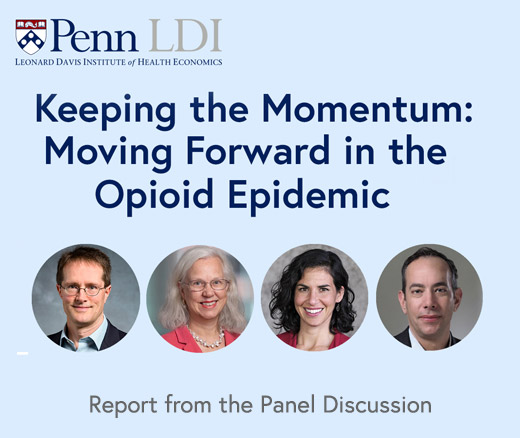
Penn LDI Panel Urges Family-Focused Strategy and Stronger Health System Response

Remote Nurses Improved Quality Slightly but Can’t Replace Nurses at the Bedside, a New Study Finds

Washington State’s First-in-the-Nation Insurance Plan Begins Payouts in Mid-2026, and Researchers Will Weigh its Effect on Care, Costs, and the Long-Term Care Markets

Without Pressure From Congress, NHANES — Which Helped Uncover High Levels of Childhood Lead, Nutritional Deficiencies, and Forever Chemicals — Will Cease to Exist

A Multi-State Study Finds That Parents Often Travel 60+ Miles—With Distance, Insurance, and Race Driving Gaps in Maternal Care
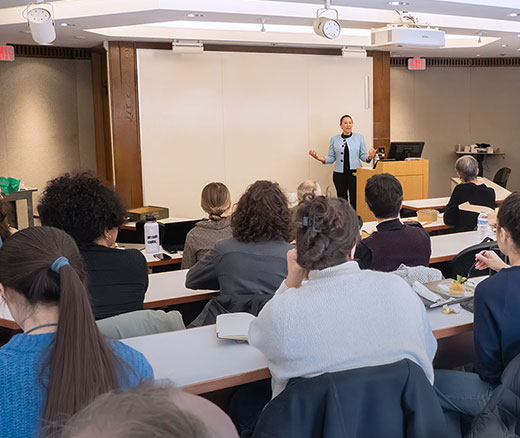
Former CMMI Leader Liz Fowler Cites Rigid Federal Scoring Rules and Bureaucratic Impatience for Pilot Failures